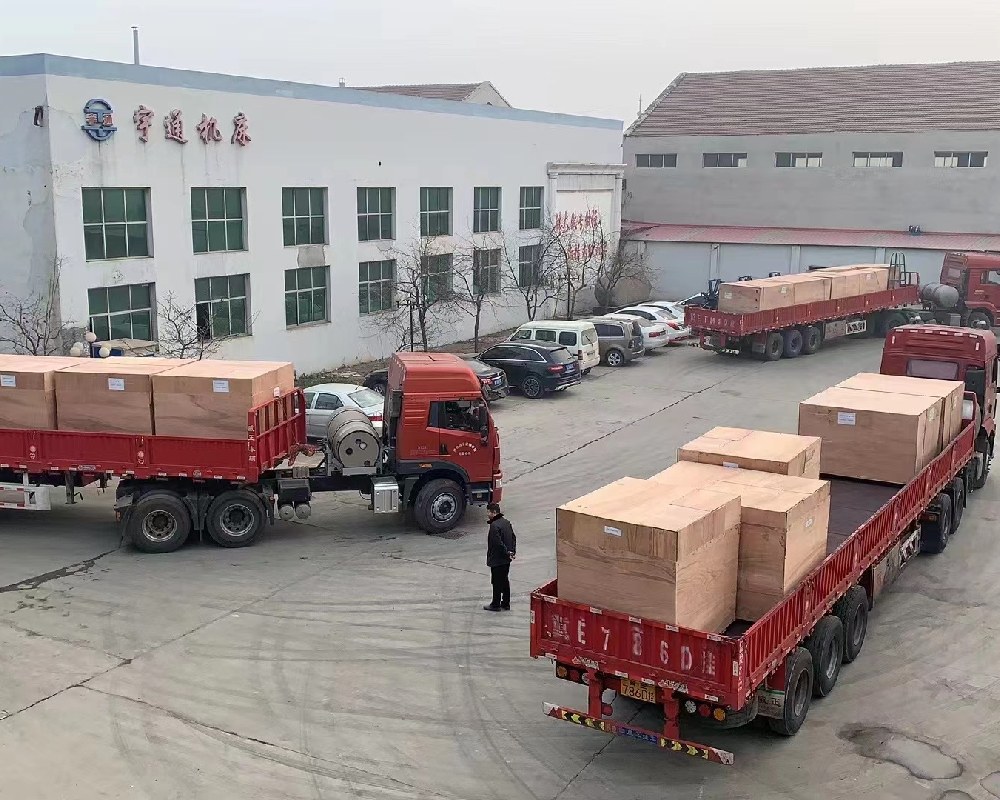
-
 Afrikaans
Afrikaans -
 Albanian
Albanian -
 Amharic
Amharic -
 Arabic
Arabic -
 Armenian
Armenian -
 Azerbaijani
Azerbaijani -
 Basque
Basque -
 Belarusian
Belarusian -
 Bengali
Bengali -
 Bosnian
Bosnian -
 Bulgarian
Bulgarian -
 Catalan
Catalan -
 Cebuano
Cebuano -
 Corsican
Corsican -
 Croatian
Croatian -
 Czech
Czech -
 Danish
Danish -
 Dutch
Dutch -
 English
English -
 Esperanto
Esperanto -
 Estonian
Estonian -
 Finnish
Finnish -
 French
French -
 Frisian
Frisian -
 Galician
Galician -
 Georgian
Georgian -
 German
German -
 Greek
Greek -
 Gujarati
Gujarati -
 Haitian Creole
Haitian Creole -
 hausa
hausa -
 hawaiian
hawaiian -
 Hebrew
Hebrew -
 Hindi
Hindi -
 Miao
Miao -
 Hungarian
Hungarian -
 Icelandic
Icelandic -
 igbo
igbo -
 Indonesian
Indonesian -
 irish
irish -
 Italian
Italian -
 Japanese
Japanese -
 Javanese
Javanese -
 Kannada
Kannada -
 kazakh
kazakh -
 Khmer
Khmer -
 Rwandese
Rwandese -
 Korean
Korean -
 Kurdish
Kurdish -
 Kyrgyz
Kyrgyz -
 Lao
Lao -
 Latin
Latin -
 Latvian
Latvian -
 Lithuanian
Lithuanian -
 Luxembourgish
Luxembourgish -
 Macedonian
Macedonian -
 Malgashi
Malgashi -
 Malay
Malay -
 Malayalam
Malayalam -
 Maltese
Maltese -
 Maori
Maori -
 Marathi
Marathi -
 Mongolian
Mongolian -
 Myanmar
Myanmar -
 Nepali
Nepali -
 Norwegian
Norwegian -
 Norwegian
Norwegian -
 Occitan
Occitan -
 Pashto
Pashto -
 Persian
Persian -
 Polish
Polish -
 Portuguese
Portuguese -
 Punjabi
Punjabi -
 Romanian
Romanian -
 Russian
Russian -
 Samoan
Samoan -
 Scottish Gaelic
Scottish Gaelic -
 Serbian
Serbian -
 Sesotho
Sesotho -
 Shona
Shona -
 Sindhi
Sindhi -
 Sinhala
Sinhala -
 Slovak
Slovak -
 Slovenian
Slovenian -
 Somali
Somali -
 Spanish
Spanish -
 Sundanese
Sundanese -
 Swahili
Swahili -
 Swedish
Swedish -
 Tagalog
Tagalog -
 Tajik
Tajik -
 Tamil
Tamil -
 Tatar
Tatar -
 Telugu
Telugu -
 Thai
Thai -
 Turkish
Turkish -
 Turkmen
Turkmen -
 Ukrainian
Ukrainian -
 Urdu
Urdu -
 Uighur
Uighur -
 Uzbek
Uzbek -
 Vietnamese
Vietnamese -
 Welsh
Welsh -
 Bantu
Bantu -
 Yiddish
Yiddish -
 Yoruba
Yoruba -
 Zulu
Zulu
Flat Die Thread Rolling Machine with CE Certification for Precision Manufacturing Applications
CE Certification for Thread Rolling Machine with Flat Die An Overview
In the modern manufacturing landscape, the demand for high-quality threaded components has surged, prompting the industry to refine production processes. One of the key players in this domain is the thread rolling machine, particularly those that utilize flat dies. When choosing equipment for manufacturing needs, achieving compliance with international standards is crucial, and this is where CE certification comes into play.
Understanding Thread Rolling Machines
Thread rolling machines are used to create threads on metal rods, bars, and other materials. The process involves deforming the material using dies, which results in stronger, more resilient threads compared to conventional cutting methods. The use of flat die in thread rolling machines provides distinct advantages, such as improved surface finish, higher material yield, and reduced tool wear.
Flat die thread rolling machines operate by placing the workpiece between two flat dies. As the dies move together, they press against the material, cold-forming threads onto the surface. This method not only enhances thread integrity but also ensures a consistent product quality, which is crucial in various applications across industries such as automotive, aerospace, and construction.
The Importance of CE Certification
CE marking is a mandatory requirement for products sold within the European Economic Area (EEA). It indicates that the product conforms to the essential health, safety, and environmental protection standards set by European legislation. For manufacturers and suppliers, obtaining CE certification for a thread rolling machine using flat die technology is crucial.
1. Market Access CE marking is a ticket for entry into the European market. Without it, products cannot be legally sold within EEA countries. For manufacturers, achieving CE certification paves the way for wider market access, thus enhancing business opportunities.
2. Consumer Trust In a competitive market, consumers tend to prefer products that carry CE marking. This certification indicates a level of trust and assurance regarding the product's safety and efficiency. For manufacturers, this can lead to an enhanced reputation and increased sales.
3. Regulatory Compliance CE certification provides manufacturers with a clear framework for best practices in design, production, and quality assurance. It requires adherence to stringent safety and operational standards, ensuring that the machines not only perform efficiently but also protect user safety.
ce certification thread rolling machine flat die

4. Risk Management Implementing the necessary assessments and procedures for CE certification can help manufacturers identify potential risks associated with their products. By addressing these risks proactively, companies can prevent future liabilities and enhance their product reliability.
The Certification Process
The CE certification process for thread rolling machines involves several key steps
1. Determining Applicable Directives Manufacturers must identify the relevant European directives applicable to their product, such as the Machinery Directive and the Low Voltage Directive, among others.
2. Risk Assessment A thorough risk assessment needs to be conducted to identify possible hazards associated with the machine's operation.
3. Technical Documentation Manufacturers must compile a technical file that includes specifications, design, manufacturing processes, and conformity assessment.
4. Conformity Assessment Depending on the risk category of the machine, different conformity assessment procedures must be followed, which may include third-party testing by a notified body.
5. Affixing the CE Mark Once compliance has been established, the CE mark can be affixed to the product, along with issuing a Declaration of Conformity.
Conclusion
In conclusion, CE certification for flat die thread rolling machines is a vital aspect that underpins safety, quality, and marketability in the manufacturing sector. As businesses strive for operational excellence and compliance with international standards, investing in CE certification becomes not just a regulatory requirement, but a significant step towards achieving competitive advantage and fostering consumer confidence. By ensuring that their thread rolling machines meet these standards, manufacturers can not only protect their interests but also contribute to a safer and more efficient manufacturing ecosystem.
